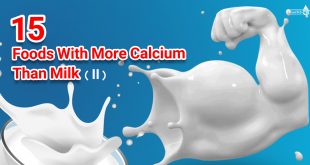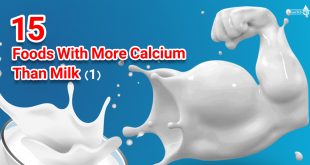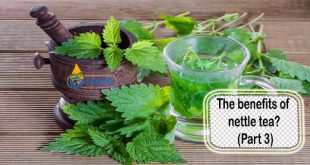What Are Superfoods?
We’ve all heard the expression “superfoods,” but no one food will single-handedly improve a poor diet or stave off chronic illness. Physicians and nutrition experts agree that eating a variety of colorful fruits and vegetables and limiting sodium, animal fat, refined flour, and sugar is the key to good health.
Certain foods provide greater health benefits per serving, to such an amazing extent that we refer to them as “superfoods.”
Raw Nuts

When eaten in moderation, raw, salt-free nuts like almonds, walnuts, and cashews provide fiber and omega-3 fatty acids. They’re loaded with vitamins and minerals like iron, magnesium, and calcium.
Nuts can lower your risk of heart disease, especially when you use them as a protein substitute for red meat. Based on data from a Nurses’ Health Study, the Harvard School of Public Health estimated that substituting nuts in place of carbohydrates reduced coronary heart disease by 30 to 45 percent.
Berries

Strawberries, blueberries, and cranberries are loaded with fiber, vitamins, and plant compounds called phytochemicals, which may help lower your risk of developing chronic diseases.
For years, scientists have known that the natural antioxidants in blueberries and strawberries may help the body curb the stress that comes from aging. But a study conducted by the National Institute on Aging (NIA) and published in The Journal of Neuroscience indicated that eating blueberries can also improve short-term memory, eyesight, and even balance and coordination.
Salmon

Few foods deliver as beneficial a dose of omega-3 fatty acids as salmon does. Low in calories and saturated fat, salmon packs a high-protein punch per serving and is high in B vitamins.
Salmon may decrease growth of artery-clogging plaque, reduce harmful triglyceride levels, and lower blood pressure. According to NIA, some studies have shown DHA, an omega-3 fatty acid found in salmon, may also reduce abnormal deposits of protein in the brain commonly found in Alzheimer’s patients.
Beans

Legumes like peas, lentils, and beans are high in protein and low in fat. They are good sources of potassium, iron, and phosphorus, and are an excellent source of soluble fiber, which can help reduce blood cholesterol and maintain healthy blood sugar levels.
According to researchers at theUniversity of California at San Francisco(UCSF), high-fiber diets may help eliminate toxic compounds and carcinogens from the body. UCSF also reports that eating 25 to 35 grams of fiber daily can help people lose weight.
Quinoa

The South American quinoa grain is a fine substitute for white rice or pasta when you’re trying to lose weight. Quinoa is flavorful, easy to digest, gluten-free, and high in protein.
Quinoa is useful if you have type 2 diabetes, because it provides as much protein as a bowl of rice without spiking your blood sugar. According to the 2007 Physicians’ Health Study, daily servings of quinoa lowered the risk of heart failure by 29 percent.
Health Boosters

Superfoods can help give your diet a healthy boost while reducing your risk of heart disease and other health problems. These foods pack a big nutritional punch as strong sources of vitamins, minerals, fiber, and other nutrients, and are often high in phytonutrients and antioxidants to help prevent cancer as well. Indulge your palate and expand your diet to include superfoods in your daily menu.
 Parsi Teb Physical and Mental Health Journal
Parsi Teb Physical and Mental Health Journal 



